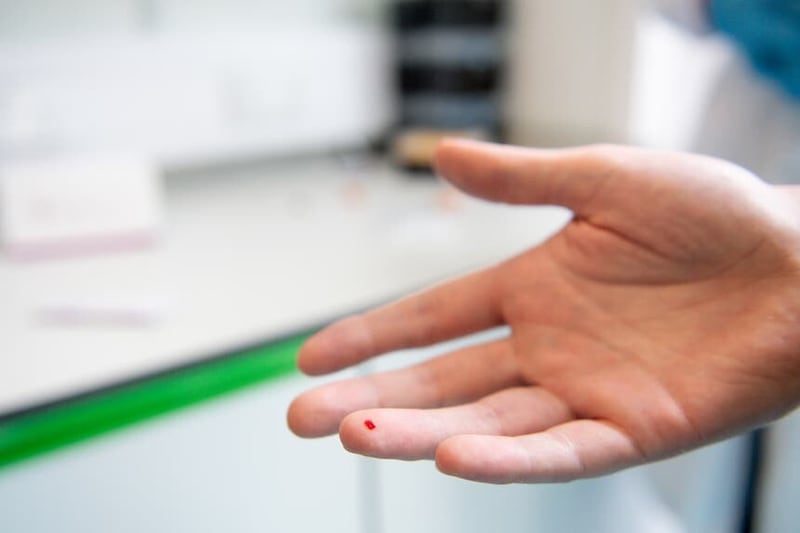THE groundbreaking work of a specialist team of nurses and doctors has been singled out in a drive to eliminate Hepatitis C in Northern Ireland.
Healthcare staff working in vital outreach services with vulnerable people most at risk of contracting the potentially fatal blood borne virus have been lauded for dramatically reducing rates.
If left untreated Hepatitis C can infect the liver and cause severe damage, and is one of the main causes of liver cancer. It is highly transmissable by the sharing of injecting equipment.
Prisons as well as services for homeless people and drugs users were among those targeted by the Belfast Health Inclusion Service and the Royal Victoria Hospital Hepatology team, who set up clinics and provided testing and treatments.
Throughout the pandemic they treated 126 patients who tested positive Hepatitis C.
Of these, 51 patients were treated through the outreach services working around the challenges of lockdown, restriction of services, social distancing and staff redeployment.
Susan Semple, an award winning nurse who has worked with the homeless for decades, is one the project's leaders: "The Belfast Inclusion Health Service has been at the frontline of eliminating Hepatitis C since 2016. We recognise the extreme health and social inequalities faced by those who come through our doors and our dedicated multidisciplinary team provide a trauma informed caring environment for individuals to receive vital health and social care.
""Joined up working, innovation in service delivery and flexibility in access criteria are key to the success of eliminating blood borne viruses for this population.”
Health minister Robin Swann praised the transformational work of the the nurse-led project to mark yesterday's World Hepatitis Day, particularly during the challenges of the pandemic.
"I am very encouraged by the significant progress that has been made in efforts to eliminate Hepatitis C which affects some of the most vulnerable in our society, particularly within the homeless community and those with a history of injecting drug use," he said.
Earlier this year, the Department of Health published an 'elimination plan' to remove Hepatitis C as a "public threat" by 2025.
Chief Medical Officer Professor Sir Michael McBride chairs an oversight group for the rollout of the plan and said there is "great hope" for those infected.
"The introduction of new oral therapies has helped cure over 97% of people treated. Treating Hepatitis C at a pre-symptomatic stage prevents serious complications such as liver cirrhosis and hepatocellular carcinoma.
"Curing those who are currently infected will prevent onward transmission, and therefore minimise the number of new cases arising. I commend the work of our specialist teams who are reaching out to those most at risk and making a real difference to their lives.”








